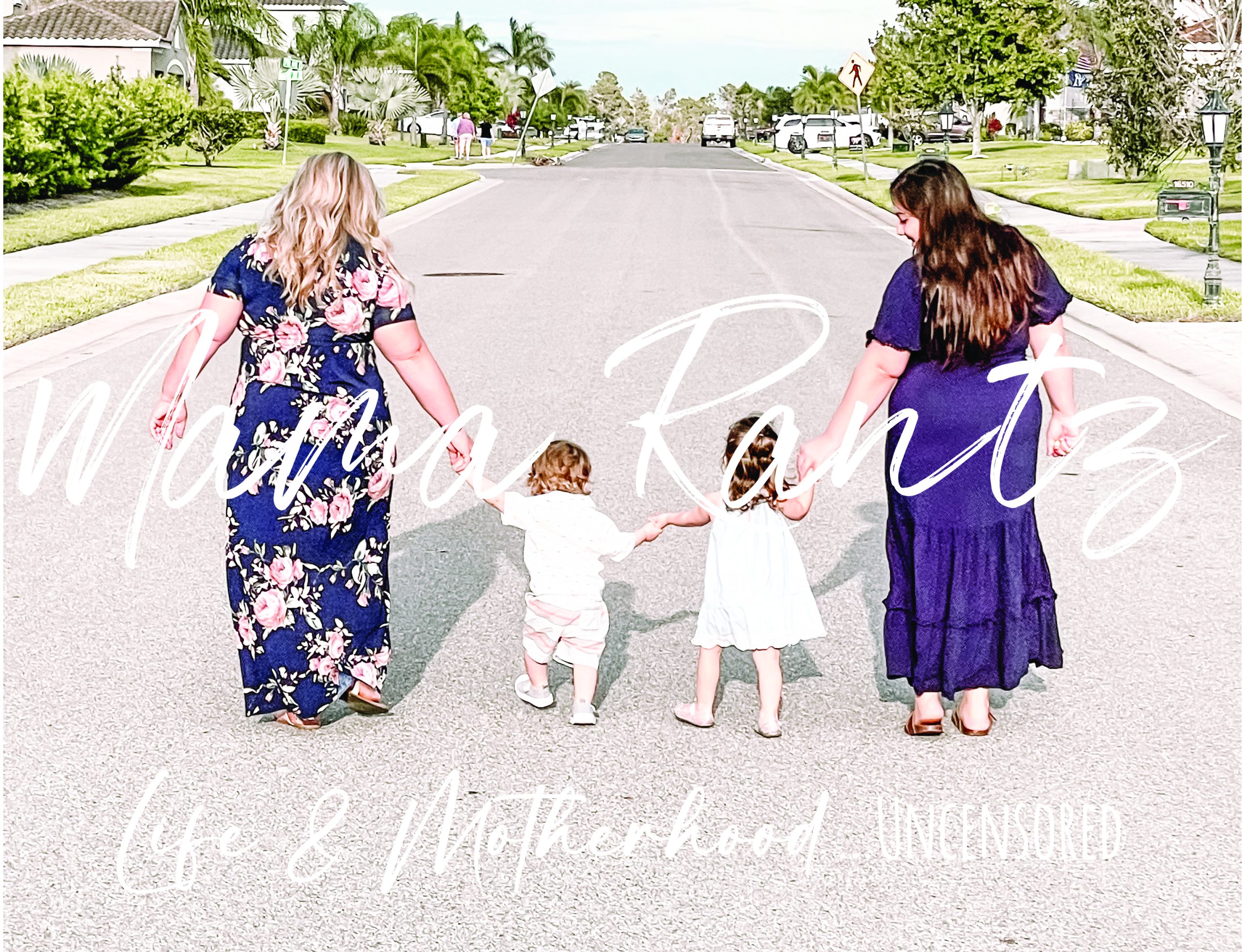Baby Blues v PPD

Photo by Claudia Wolff on Unsplash.
I’m sitting propped up in bed staring at my sweet baby in his bassinet. He’s safe. I know this, but I have to check again. I can’t bring myself to take my glasses off. He has reflux and I’m afraid he’ll choke in his sleep. I’ve checked him five times….
I’m watching tv with my newborn in my arms and the movie is sweet, it makes me cry. The movie is happy and I shouldn’t be crying. First it’s happy tears but then it’s tears of worry for my baby and my family.
Everything is getting to me. I love my spouse but they are driving me nuts. I’m angry. I’m frustrated. I’m scared. I’m hiding in my room breastfeeding the baby. I’m sick of the criticism. I’m crying again. I’m exhausted. I’m emotional. I want my spouse near me but then I don’t want them around me. I’m touched out.
I’m exhausted and I need sleep but I don’t trust anyone to watch my baby. I’m too afraid something will happen and I won’t be there. Logically I know they are capable to watch her, but my anxiety has me crawling the walls and unable to relax.
Is it the baby blues or Postpartum (or Peripartum) Depression (PPD)?
According to the Cleveland Clinic Baby Blues is defined as periods of feeling sadness and anxiety during the first few weeks after giving birth. If these feelings get so severe that they interfere with daily life and/or last further than the first few weeks after pregnancy, it could be PPD.
According to the American Psychiatric Association, up to 70% of all women after birth will experience some form of the baby blues, while John Hopkins believes that figure is even greater at approximately 85%. John Hopkins also estimates that 1 in 5 women will experience PPD. Both mother and baby can be affected by PPD, and now there is growing research that fathers can also experience a form of it.
Risk Factors for PPD
1. Personal History of depression or anxiety prior to birth.
2. Family History of PPD.
3. Generics & Biomarkers.
Symptoms of PPD:
More than two weeks after birth experiencing
1. Anxiety
2. Sadness
3. Anger & Irritability
4. Difficulty Sleeping
5. Intrusive thoughts
If you are experiencing these symptoms for more than two weeks or they become severe, it is important to seek professional help. Unfortunately 50% of mothers suffering from PPD have it missed by their medical providers so it is important that you speak up and advocate for yourself. Most mothers will fully recover from PPD within 6-8 months.
This is a normal part of the fourth trimester and the majority of women will experience it in some form. It is a combination of the imbalance of hormonal levels in the body coupled with a large life change and lack of sleep. Give yourself grace during this period, but reach out for help and resources!
Xoxo
Ali and Ell
